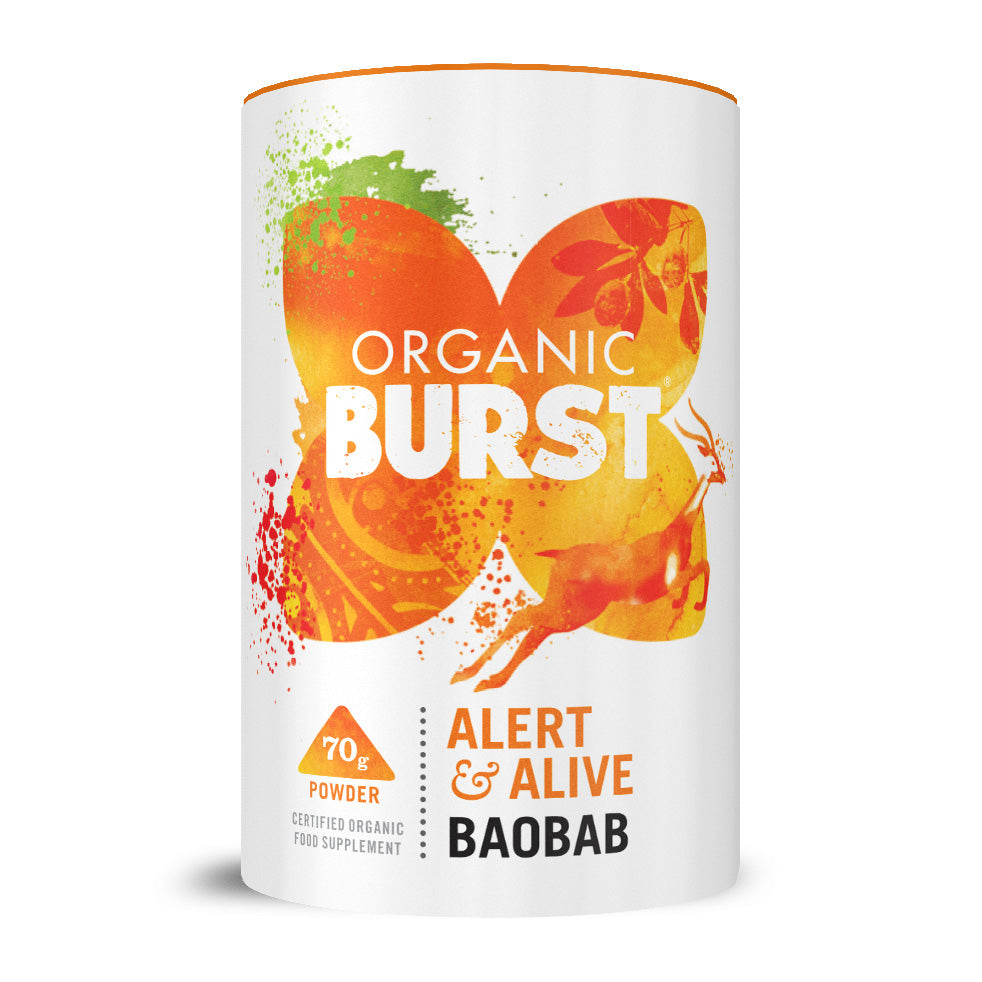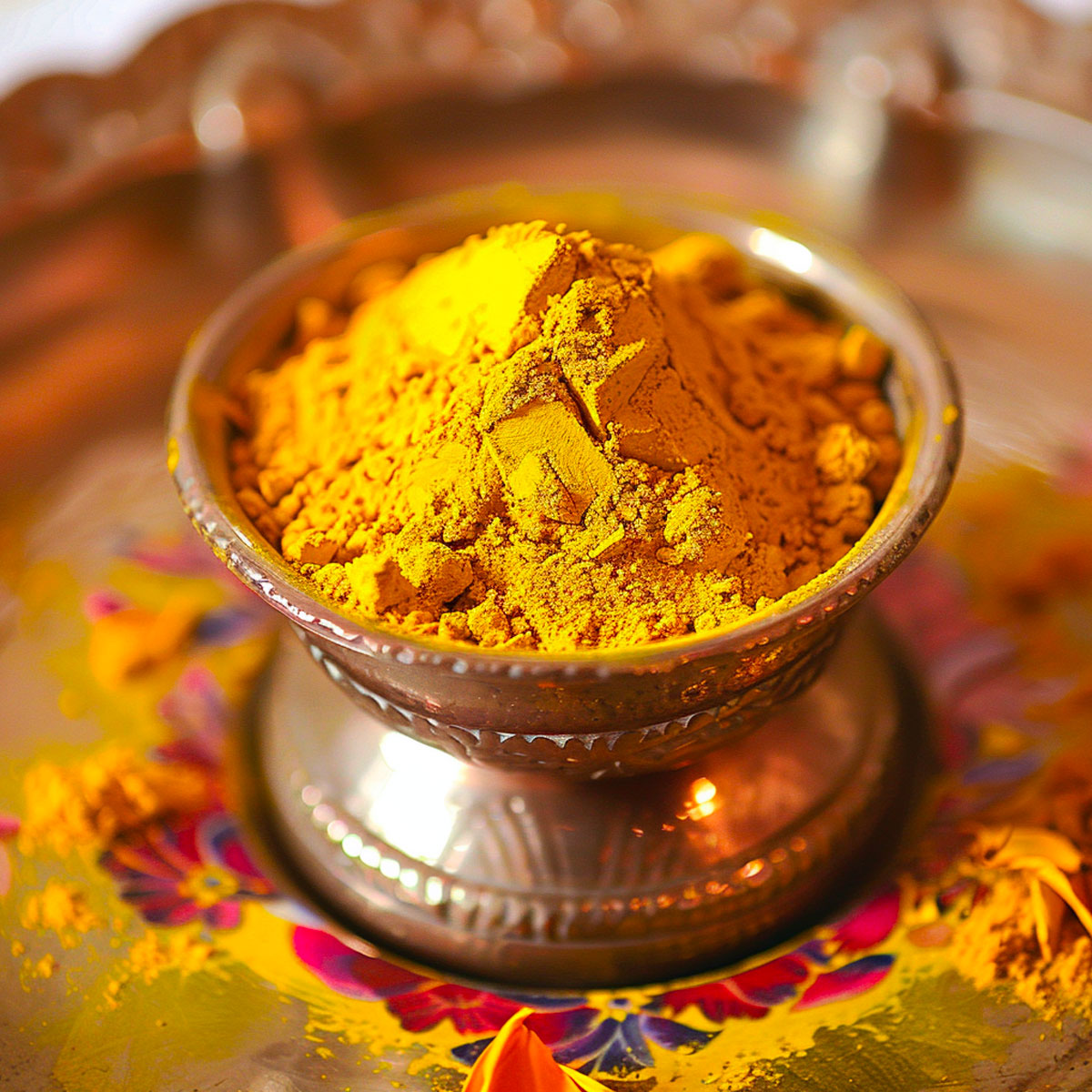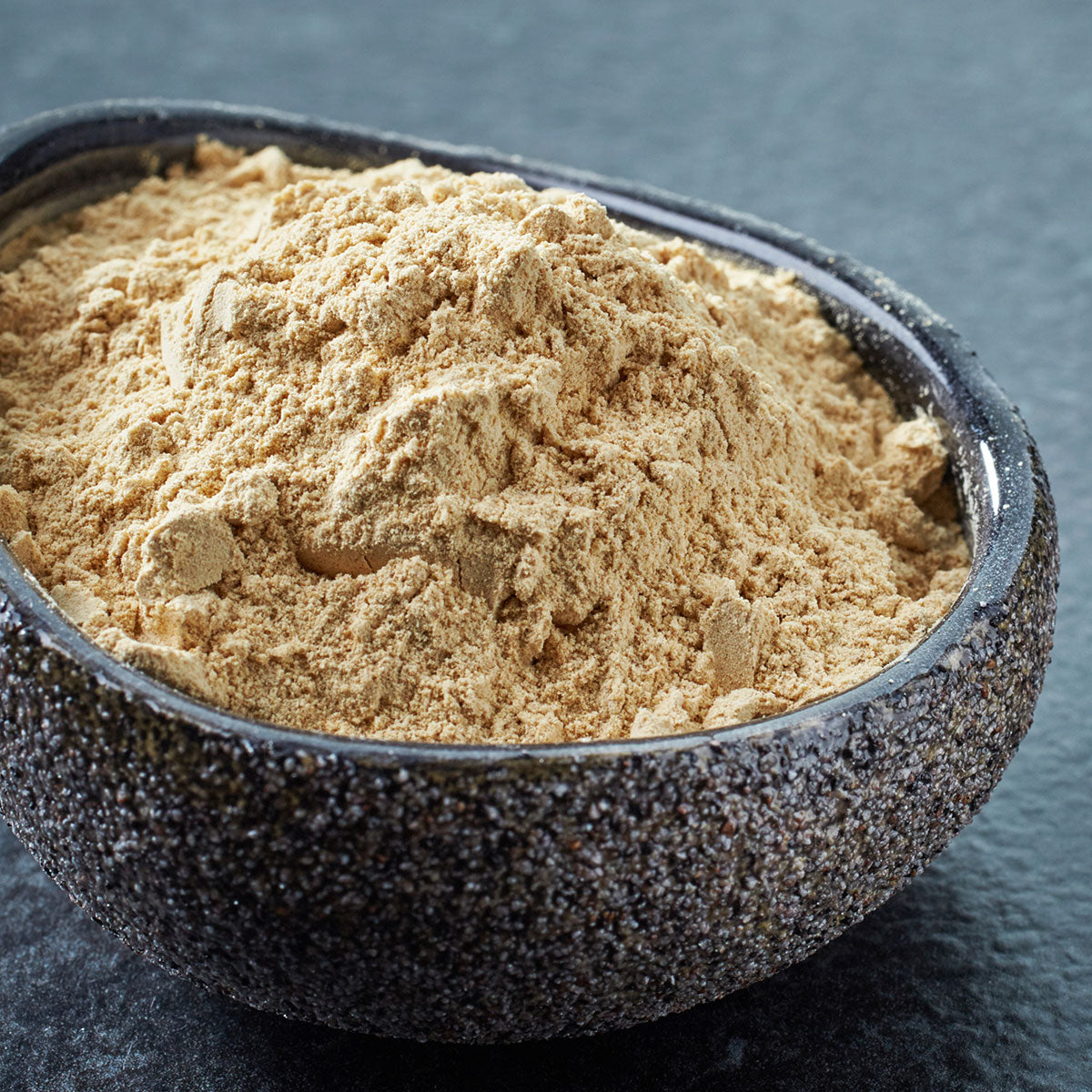- Make your food easier to digest
- Avoid vitamin blockers
- Maximise the nutritional benefits of your food

1. Soak and Sprout
Grains, beans, lentils, nuts and seeds contain compounds called phytates, lectins and salicylates, which are known as ‘anti-nutrients’ because they block the absorption of some minerals in your digestive system.
This isn’t great news if you restrict certain food from your diet, for instance if you’re vegan, or if your digestive system isn’t as robust as it could be!
The good news is that choosing the right type of grains and soaking or sprouting them means easier digestion and more available nutrients!
Simple ways to reduce anti-nutrients:
- Stick to gluten-free grains and pseudograins like amaranth, millet, teff, quinoa and buckwheat to avoid the negative effects of gluten, which is shown in studies to cause irritation and inflammation in the bowel.
- Soak your beans, nuts and seeds etc. overnight or for 24hrs if possible before using to enjoy the benefits without the drawbacks!
- Try sprouting – a fun way to bring seeds, beans and grains to life and increase the amazing nutrients available.
"Reduce anti-nutrients in beans, nuts, seeds and pseudograins by soaking and sprouting!"
Tweet This
Some nutrients are damaged by cooking at high temperatures – this is mainly the case with water soluble vitamins including Vitamin C and B Vits. But some vegetables have tough cell walls, so when you cook them gently, more nutrients become available!
We don’t disagree with raw foodists, but there are certain cases when raw isn’t necessarily the best choice for you. For instance, some vegetables release more nutrients when cooked (including carrots, tomatoes and asparagus), if you live in a cold damp climate (hello Brits!), if your digestion is weak, or you’re recovering from illness.
Cooking starts to ‘pre-digest’ your food, helping to break down the cells and release nutrients. It means that your digestive system doesn’t have to work as hard, so for some, it’s more beneficial.
Tips:
- Blanch salad vegetables like asparagus briefly in boiling water before serving.
- Steam vegetables like broccoli, kale, cauliflower and cabbage to reduce compounds that block iodine (an important mineral for your thyroid).
- Slow-cook tomatoes to release the lycopene.
- Boil leftover meat bones for several hours to make a mineral-rich broth.
Making fresh juices and smoothies is the simplest trick to flood the body with high levels of nutrients from vegetables and fruits quickly and easily. However, this could almost be too easy...
Drinking your food means vitamins, minerals, water and sugars can get into your blood stream very fast, which triggers a big spike in your insulin levels. Insulin is the hormone our bodies release in response to eating sugar. It moves the sugar into your muscles and fat cells for storage. Too much sugar every day can eventually make us less sensitive to insulin, causing pre-diabetes and a cascade of health problems.
How to benefit best from blending and juicing:
- Always use more vegetables than fruit when juicing and blending to avoid a big blast of fructose (fruit sugar) into your system.
- Use low-fructose fruit such as apples, pears, plums, peaches and berries rather than a lot of very sweet fruits like bananas, mango or pineapple.
- Add avocado or almond butter to a smoothie for healthy fats that slow down the effects of sugars.
- Sip – try not to glug your drink in one go, take 20mins to finish it, or drink half and save the rest for an afternoon snack or the next day.
- Add 1 tsp Organic Burst Wheatgrass to your juices for fibre, which slows down the release of sugars.
- Choose the freshest ingredients possible – this could actually mean frozen or freeze dried, as these methods preserve nutrients brilliantly, try adding Organic Burst Acai Berry capsules to your recipes!
- Choose organic as much as possible. Non-organic fruit and vegetables often contain a very high levels of pesticides, which are shown in studies to be linked to cancer and other degenerative diseases.
- Make your own smoothies and juices rather than buying ready made that are often pasteurised and nowhere near as fresh. However, you can get hold of high quality cold-pressed juices at top cafes these days. Cold-pressing is a way to extract the maximum nutrients, and the juices last longer because the high pressure used in the process stops microflora growing.
"Sip your smoothies slowly, or drink half and save the rest for later to avoid a blood sugar spike."
Tweet This
Pickled and fermented foods including chutneys contain probiotic bacteria to give your digestion a helping hand in breaking down the food you eat. This is why they are perfect to eat at the beginning of a meal.
Bitter foods like these stimulate your digestive juices to really help your stomach do its job.
Try making your own sauerkraut with shredded cabbage, salt and a little water. Keep in a sterile jar at room temperature for 3 weeks. When it’s ready, it will taste slightly acidic and the cabbage will have softened. Once opened, keep in the fridge. Eat a tablespoon before main meals to help get more from every bite!
5. Combine
Clever combinations of particular foods mean you can maximise your absorption of nutrients even further!
Try our tips below:
- Add a knob of organic or grass-fed butter or coconut oil to green vegetables once they are cooked, this helps you absorb their fat-soluble vitamins Vitamin A and K. If you prefer, you could add chopped walnuts or pistachios instead, which also contain useful fats.
- Drizzle your tomatoes with extra virgin olive oil to help you absorb their lycopene, which is a healthy carotenoid and one of the key factors in the Mediterranean diet.
- To improve your absorption of iron – which is so important for energy and is a common deficiency, particularly in women, eat your iron-rich foods alongside foods high in Vitamin C. Try eating your meat, seafood, beans or leafy greens (which are good sources of iron) with a citrus dressing, or eat some berries alongside your meal. Try Organic Burst Baobab every day, which contains iron and Vitamin C in a brilliant combination! Simply add 1 dessertspoon to a glass of water.
- Grind fresh black peppercorns onto your meals to help stimulate digestion. Pepper also helps you to absorb nutrients including selenium and B Vitamins. Add to your bowl of buckwheat, brown rice, fish or mushrooms to give your body a helping hand.
"Eat your green veg with some butter or coconut oil to improve your absorption of vitamins A and K"
Tweet This
Our final point might just be the most effective, it improves your digestion and can stop you from over eating. Try to remember to take a moment before you eat to think about how grateful you are for this delicious plate in front of you! Then eat mindfully and slowly, chew thoroughly, aim to eat when you’re relaxed and rest for an hour after a meal rather than rushing off straight away.
LET US KNOW WHAT YOU THINK
Have you been inspired to give sprouting or fermenting a try? Let us know your experiences and even share images of your creations with other Bursters below.










